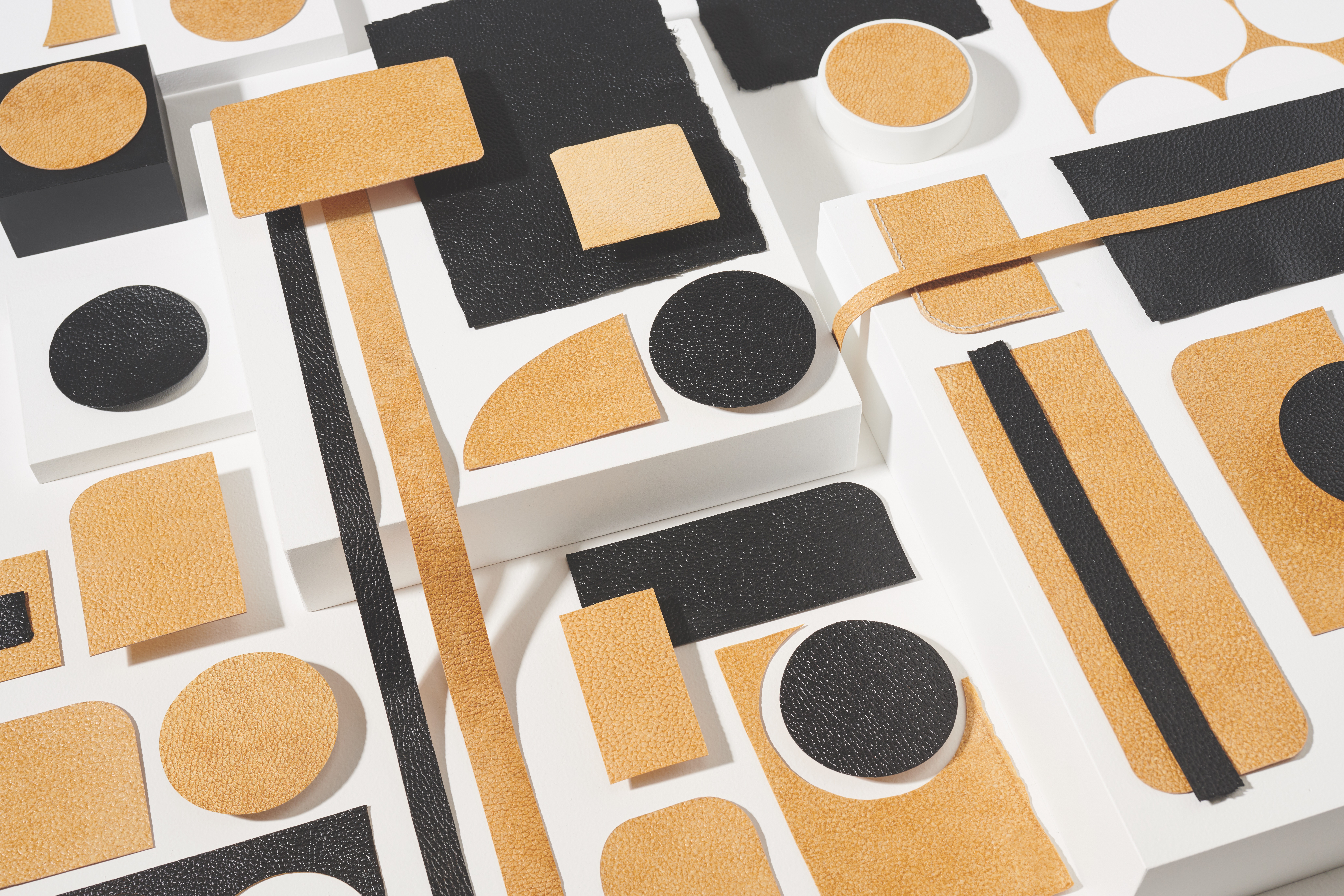Bolt Threads partners with Adidas, owners of Balenciaga and Gucci, and Stella McCartney on mushroom leather
Bolt Threads has brought together some new and existing partners, including Stella McCartney, Kering (the fashion house behind brands like Balenciaga, Gucci, Alexander McQueen and Bottega Veneta), Lululemon and Adidas to create a consortium that will explore the company's use of its mushroom-based leather substitute in products, the company said.
These companies will be among the first to bring products made with Bolt Threads' mushroom-based leather substitute to market in 2021, the company said.
I have always been convinced that innovation is key to addressing the sustainability challenge that luxury is facing. Finding innovative, alternative materials and fabrics can potentially drastically reduce the environmental impact of our industry over the long term," Francois-Henri Pinault, the chairman and chief executive of Kering, said in a statement.
The announcement is the culmination of at least two years of work from Bolt Threads, which first announced it would join the hunt for a leather substitute in 2018. The company announced its first product soon after - a $400 Driver Bag" designed in conjunction with the Portland-based bag company, Chester Wallace.
Bolt Threads joins Modern Meadow in the quest to bring lab-grown leather to market
The company, which has raised over $200 million since its launch nearly 11 years ago, faces some pretty tough competition. Companies like MycoWorks and Modern Meadow both have alternative leather products in the works. However, these partnerships may go a long way toward separating Bolt from the rest of the herd.

Swatches of Bolt Threads mushroom leather product, Mylo." Image Credit: Bolt Threads
Investors in Bolt Threads include Foundation Capital, Baillie Gifford, Founders Fund, Formation 8 and the Nan Fung Group, a privately held, Hong Kong-based conglomerate with significant holdings in the textile and fashion industry.
What the redoubled interest in leather goods means for the alternative spider silk that was the company's original product is unclear. There hasn't been much news on the silk front since the company debuted its $314 necktie back in 2017.
There's clearly interest in the fashion industry's ability to clean up. Consumers are demanding it, and new brands focused on sustainability are launching regularly.
As Reducetarian Foundation president and co-founder Brian Kateman wrote last year, traditional fashion is killing the planet":
Every year, the textile industry alone spits out 1.2 billion tons of greenhouse gases - more than all marine shipping vessels and international flights combined - and consumes 98 million tons of oil. Textile dyeing is the second-largest polluter of clean water, and on the whole, the apparel industry accounts for 10 percent of all greenhouse emissions worldwide. Worst of all, the clothes produced by this massive resource consumption produces clothes are rapidly discarded: In 2015, 73 percent of the total material used to make clothes ended up incinerated or landfilled, according to a study by the Ellen MacArthur foundation.